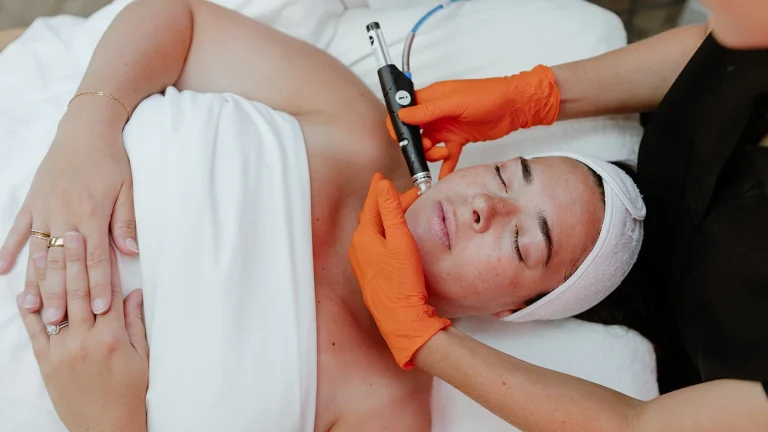Diabetes, also known as diabetes mellitus, is a condition that causes the accumulation of sugar in the blood. This metabolic disease affects insulin, which is a hormone that helps in the conversion of sugar to energy. With Farmers Branch diabetes, the patient’s cells will either not respond to or produce enough insulin, and thus sugar accumulates in the body. If left untreated, the accumulated sugar can harm your kidneys, liver, nerves or cardiovascular system.
What are the different types of diabetes?
There are four different types of diabetes mellitus:
- Type 1 diabetes
This condition is of an autoimmune origin. The immune system may attack cells in the pancreas, specifically those responsible for insulin production. As a result, there is insulin deficiency which causes blood sugar to increase.
- Type 2 diabetes
Patients with this type of diabetes mellitus are resistant to insulin effects even though they have sufficient amounts in their system.
- Prediabetes
Some patients have significantly high amounts of blood sugar. However, the levels are not high enough to be classified as type 2 diabetes. For this reason, doctors diagnose these patients as having prediabetes.
- Gestational diabetes
Pregnant women have this type of diabetes because the placenta produces insulin-blocking hormones that inhibit insulin production.
What are the symptoms of diabetes mellitus?
Although the symptoms are hard to spot at the beginning, high blood sugar may cause a patient to experience mild symptoms like:
- Increased hunger and thirst
- Chronic fatigue
- Frequent urination
- Weight loss
- Blurry vision
- Sores that take long to heal
There are symptoms specific to women with diabetes. For example:
- Yeast and urinary tract infections
- Dry and itchy skin
Most women with gestational diabetes do not experience symptoms. Doctors usually detect this condition between 24-28 weeks of gestation upon performing a blood sugar test that is routine during prenatal visits. Frequent urination is a symptom of gestational diabetes.

What factors increase your risk of developing diabetes mellitus?
- Type 1 diabetes is a common condition affecting children or teenagers. Moreover, a patient can develop this type of diabetes because it is specific to genetics.
- The risk for type 2 diabetes increases for overweight, physically inactive, high blood pressure, or above 45.
- Pregnant women are at risk of developing gestational diabetes if they have a family history of type 2 diabetes, have polycystic ovary syndrome, have given birth to a baby over nine pounds, or over 25 years.
What is the treatment for diabetes?
There are different kinds of medications specific to the type of diabetes a patient has. For example, a doctor may recommend injections or oral medicine.
What is the treatment for type 1 diabetes?
The primary option doctors will recommend is artificial insulin to replace the insufficiency hormone in your body. Depending on your condition, you will require an insulin type that starts to work after and lasts for a specific period.
What is the treatment for type 2 diabetes?
Maintaining the proper diet and remaining physically active by incorporating exercise into your daily routine are lifestyle changes that can help lower your blood sugar. Moreover, medications can help provide the same effect.
What is the treatment for gestational diabetes?
Some women may need additional insulin to help lower their blood sugar levels, primarily since diet and exercise cannot provide optimal results.
Contact Redwood Family Health Center to learn more about diabetes and which treatment is best for your condition.














